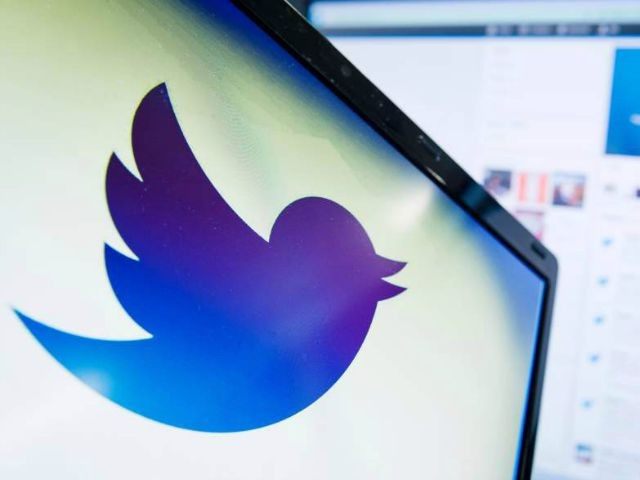After digesting the news that Twitter’s stock was down another 7.2 percent and four top executives — including the chief of engineering — were jumping ship, Breitbart Tech editor Milo Yiannopoulos uncorked a Tweetstorm to explain why.
Yiannopoulos makes an excellent point about the nature of Twitter’s strategic error. They forgot how precarious their position was, and they lost sight of the very thing that made their platform popular in the first place at the very moment it is searching for relevance in the face of strong competition.
This is a snapshot of a larger problem reaching across all of social media. It began with the promise of unfettered, unfiltered conversation — an exciting new frontier where anyone could hope to draw major attention, bypassing the editorial gatekeepers of old media.
Before the Internet, the infrastructure of national and global communications required a hierarchy of editors and publishers. Someone had to own the printing presses, radio stations, and television studios, and someone had to decide how their incredibly limited bandwidth would be allocated. There were only so many column inches of print available, only so much broadcast time to fill.
Social media captured the imagination of a generation because all of that editorial infrastructure was done away with, for better and worse. It was amazing to watch people form communities and build audiences organically.
But now the tide has turned against free speech, in so many ways. The urge to censor and control flows not just from government agencies, but from corporate management and speech-police vigilante mobs. It has become fashionable in some quarters to speak openly of crushing dissent, comparing the speech of opponents to “shouting fire in a crowded theater.” The desired remedies range from government action, to more subtle and insidious suppression by those who control the means of expression.
In the early days of social media, we were overwhelmed by the possibilities for free speech and creativity. At long last, we would have a true “free market” for ideas, with no one’s thumb on the scales! Now it’s all thumbs, everywhere you look.
We’re learning painful lessons about censorship, propaganda, and bias. One of those lessons is that our commitment to free speech cannot end with embracing the First Amendment as a shield against government censorship. It’s not good enough to say that oppression is cool, as long as the government is not directly involved, and the oppressors are subtle. Free speech is a positive ideal to be embraced, not a narrow precipice for government agencies to avoid.
Fortunately, we have means of communicating our displeasure to private companies which fail to live up to those ideals.

COMMENTS
Please let us know if you're having issues with commenting.